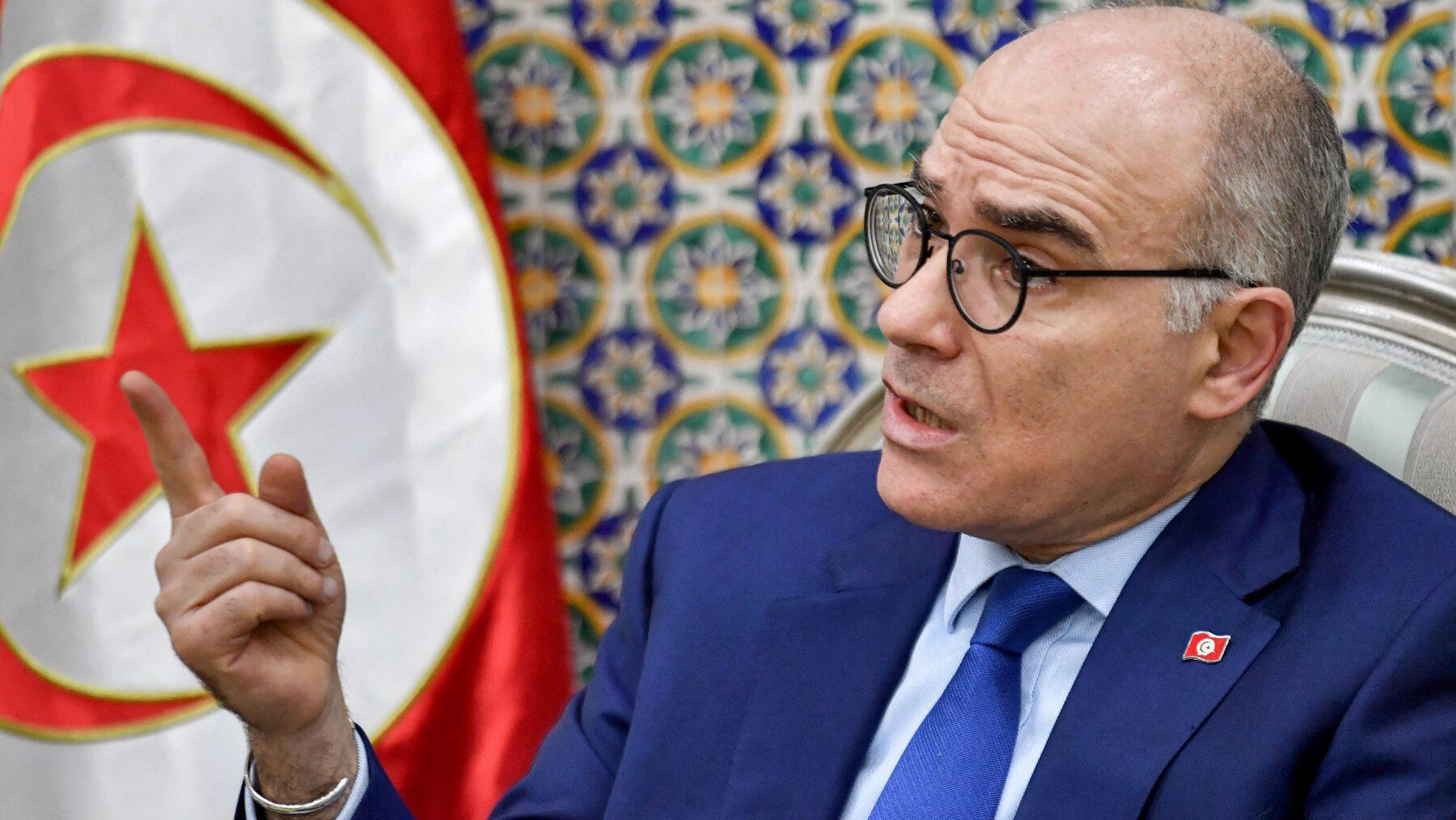
Tunisian Foreign Minister Nabil Ammar
Photo: FETHI BELAID / AFP
Tunisia handed back €60 million in EU aid amid growing tensions around July’s memorandum of understanding (MoU) to curb the number of illegal migrants leaving the North African country. Tunisian Foreign Minister Nabil Ammar revealed this in a furious interview published by the local daily Echourouk on Wednesday, October 11th, citing a “policy of deception” on Brussels’ part.
While initially denying it, the Commission eventually confirmed the return of the funds on October 9th, less than a week after the package was finally sent on October 3rd, following Tunisia’s request to speed up the disbursement back in August.
The initial deal foresaw the allocation of €255 million this year—€150 million in budget support and another €105 million for border management and anti-smuggling measures to reduce illegal migration to Europe. Furthermore, the EU promised an additional €900 million in macro-financial assistance over a longer period, but only if Tunisia agreed to the IMF’s proposed $1.9 billion loan as well, which it has been refusing to do so far.
Despite Brussels having enormous hopes for the agreement, Tunis’ move could signal the beginning of the end for it. Ammar made it clear that his country returned the funds out of dissatisfaction with Brussels, and said the country can find other allies just as easily if the EU is not willing to play by the agreed rules.
Specifically, the foreign minister explained that these funds are not even part of the recent agreement but instead belong to the country’s COVID-19 recovery package that was due to arrive years ago and is now being passed off like it was part of the migration deal.
“This whole affair is about the EU procrastinating and giving the public incorrect and unclear information,” Ammar said in the interview.
This money dates back to the COVID-19 era and did not reach us before, but today they are disbursing it as budget support for 2023, so we have given it back to them and warned against a policy of deception and the publication of confidential correspondence.
The foreign minister did not elaborate on what the “confidential correspondence” was, but most probably referred to the letter from the minister of economy, Samir Saied, asking for the €60 million recovery funds on August 31st, that was published by Enlargement Commissioner Olivér Várhelyi on X after Tunisia complained that the disbursement “conflicts” with the MoU signed in July.
Furthermore, Várhelyi stated that the €60 million “concerns budget support from 2021—not linked to the EU-Tunisia MoU,” so there’s no merit in Tunis’ criticism. The commissioner then challenged Tunisia to “wire back the money” if it was so displeased with EU assistance, which it did on Wednesday.
wire back the money to the 🇪🇺budget.#EU values its partnership w/Tunisia & stands ready to cooperate in the spirit of genuine partnership.
— Oliver Varhelyi (@OliverVarhelyi) October 5, 2023
Implementation of the MoU should continue once 🇹🇳returns to the spirit of our strategic & comprehensive partnership based on mutual respect
In response, the Tunis Tribune published a letter from Marcus Cornaro, the head of the Tunisian delegation to the EU, in which he informed Saied of the disbursement of the funds while implying that it was made possible by the MoU.
In Wednesday’s interview, the foreign minister went on to threaten the EU with publishing further confidential information while reminding the Commission that there are other sources of assistance besides Brussels.
“If you return to the offensive, we will also return by revealing truths that are not in your best interests,” Ammar said. “We do not beg anyone and the world does not stop at one partner or another.”
We have not plunged humanity into world wars as you have done. For us, sovereignty is not weapons and means, but dignity and strength to speak the truth.
